College of Human Sciences
Intersections between theology, race and politics
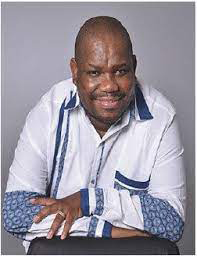
Prof Rodney Tshaka
From a small town on the outskirts of Kimberley called Ritchie to an academic achiever, he was recently recognised and celebrated at the Unisa Research and Innovation Awards. Prof Rodney Tshaka of Unisa’s College of Human Sciences is celebrating a C1 rating by the National Research Foundation (NRF). Sharing his excitement, Tshaka says his interpretation of a C1 rating is that the awardee is recognised as making inroads into an international readership in a particular subject.
"I know from my previous involvement as a coordinator for a specialist committee of the NRF that the authorship of a book weighs heavily for one to move into the B-rating space. Having received a C1 motivates me to pursue excellent research that is both locally and internationally relevant," he explains.
Tackling the imposition of theology on Africa
Tshaka's research interests are in the intersections between theology, race and politics. For his PhD, he researched Karl Barth's theology, focusing on how his theology had influenced the Belhar Confession of the Uniting Reformed Church in Southern Africa.
"My interest in reformed theology is not only derived from the fact that I subscribe to this tradition, but this tradition has also been complicit in the struggles that engulfed blacks in this country," he says. Post his PhD, Tshaka moved to bring reformed theology into conversation with black and African theologies. In all these, he remained relentless in arguing against the imposition of theology on Africa. Recently, Tshaka published an article entitled "If the colour of Jesus is not an issue, why are you so incensed at the suggestion that Jesus is black?". In the article, he deliberately engages in a subject that has been considered controversial, yet that Jesus is projected as a Caucasian is controversial since the historical Jesus was not white.
Tshaka states: "I draw my inspiration from a myriad of sources, one being my family, the other being my spirituality, to mention a few." He adds: "I do not conduct research for the sake of it, I only pursue subjects that keep me awake. It is also helpful to be able to reflect on some of these issues with people who are not necessarily in my discipline."
A quest to mentor young scholars
Tshaka says that he intends to go back to teaching and research on a full-time basis. He believes that more should be done to encourage mentorship, not for practicality, but to appreciate the work quintessential for an authentic and proper scholarship.
Sharing pearls of wisdom to young scholars, he remarks: "Unisa has been truly kind to its employees. However, I wish that mentoring could become something that younger researchers readily accept." He concludes: "A proper scholar remains a perpetual student."
* By Nnana Jege, Communication and Marketing Assistant, College of Human Sciences
Publish date: 2022-07-25 00:00:00.0


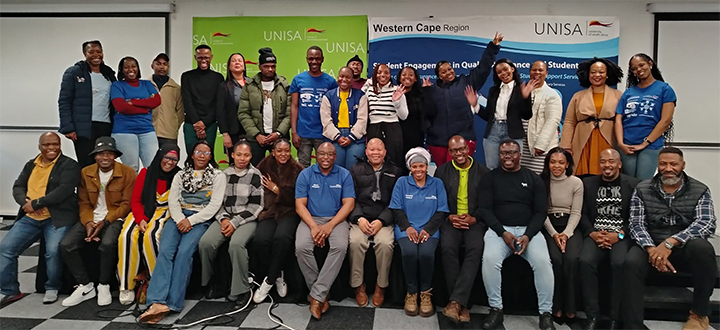 CAS students take centre stage in shaping academic quality and support
CAS students take centre stage in shaping academic quality and support
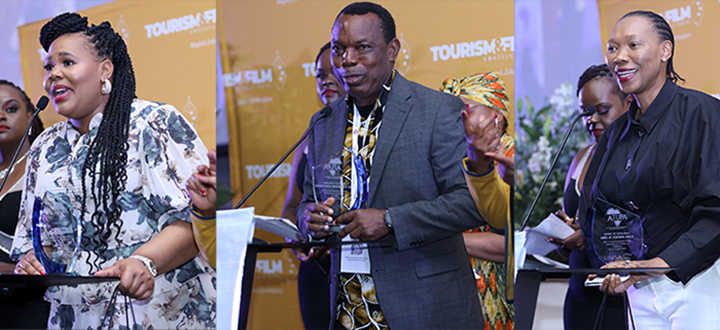 Unisa and ATUPA recognise researchers for ingenuity and innovation
Unisa and ATUPA recognise researchers for ingenuity and innovation
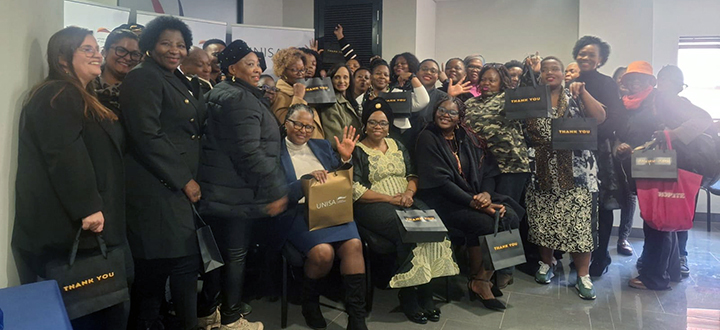 Recognising the unceasing resilience of women
Recognising the unceasing resilience of women
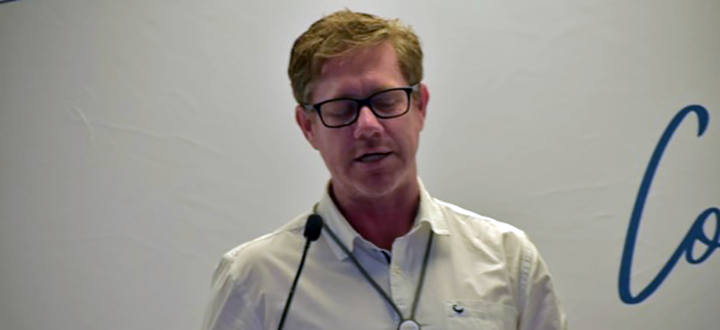 Unisa and SHECASA promote institutional health and safety
Unisa and SHECASA promote institutional health and safety
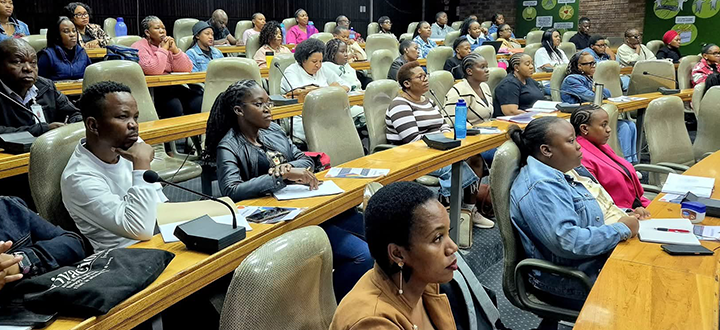 Effectual partnership to advance public health knowledge
Effectual partnership to advance public health knowledge